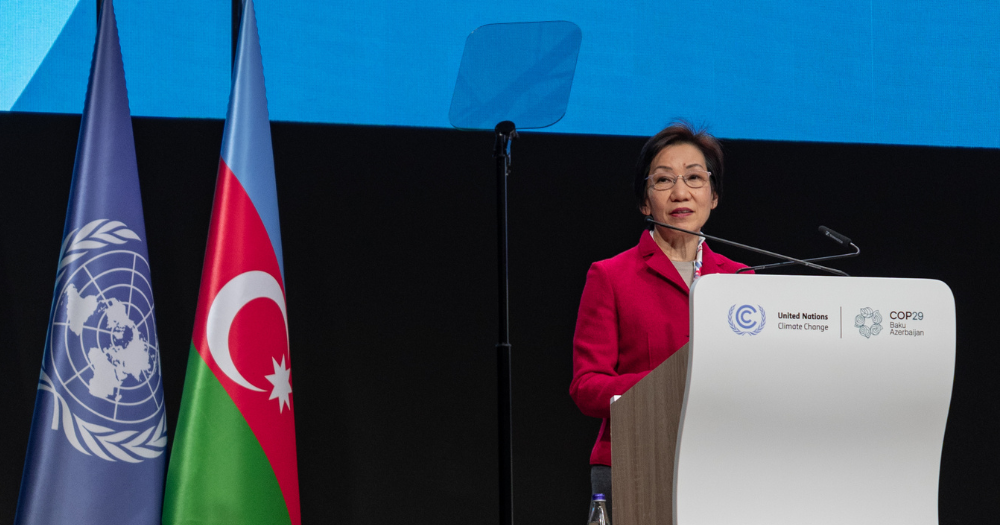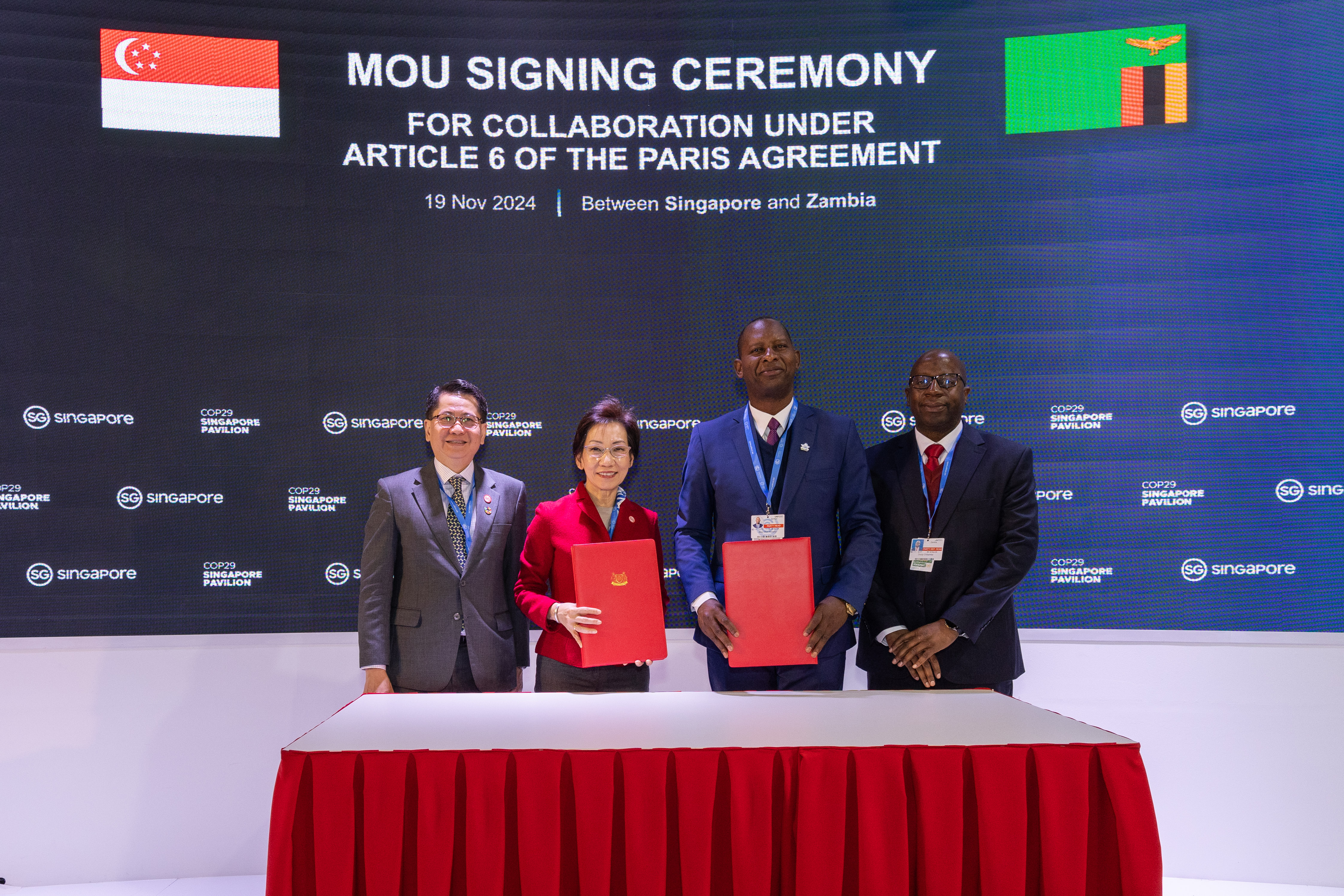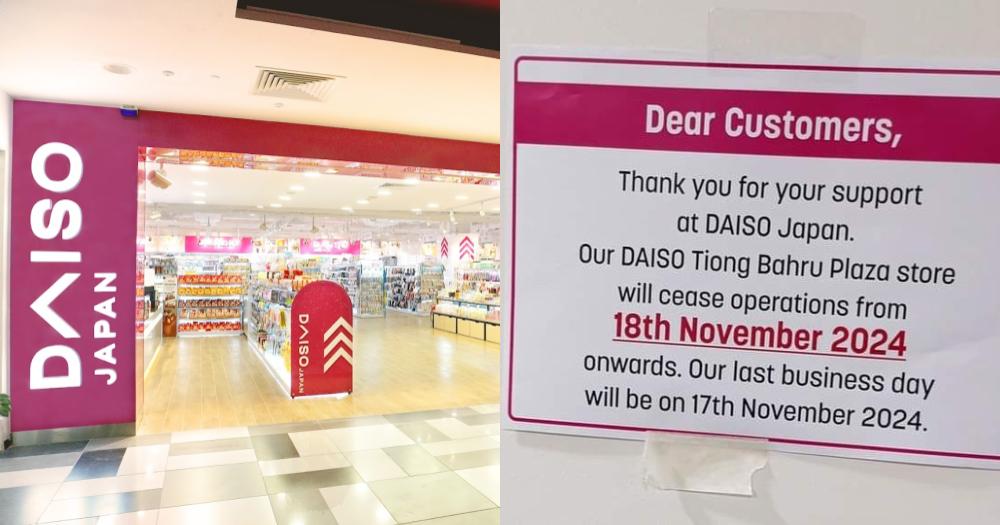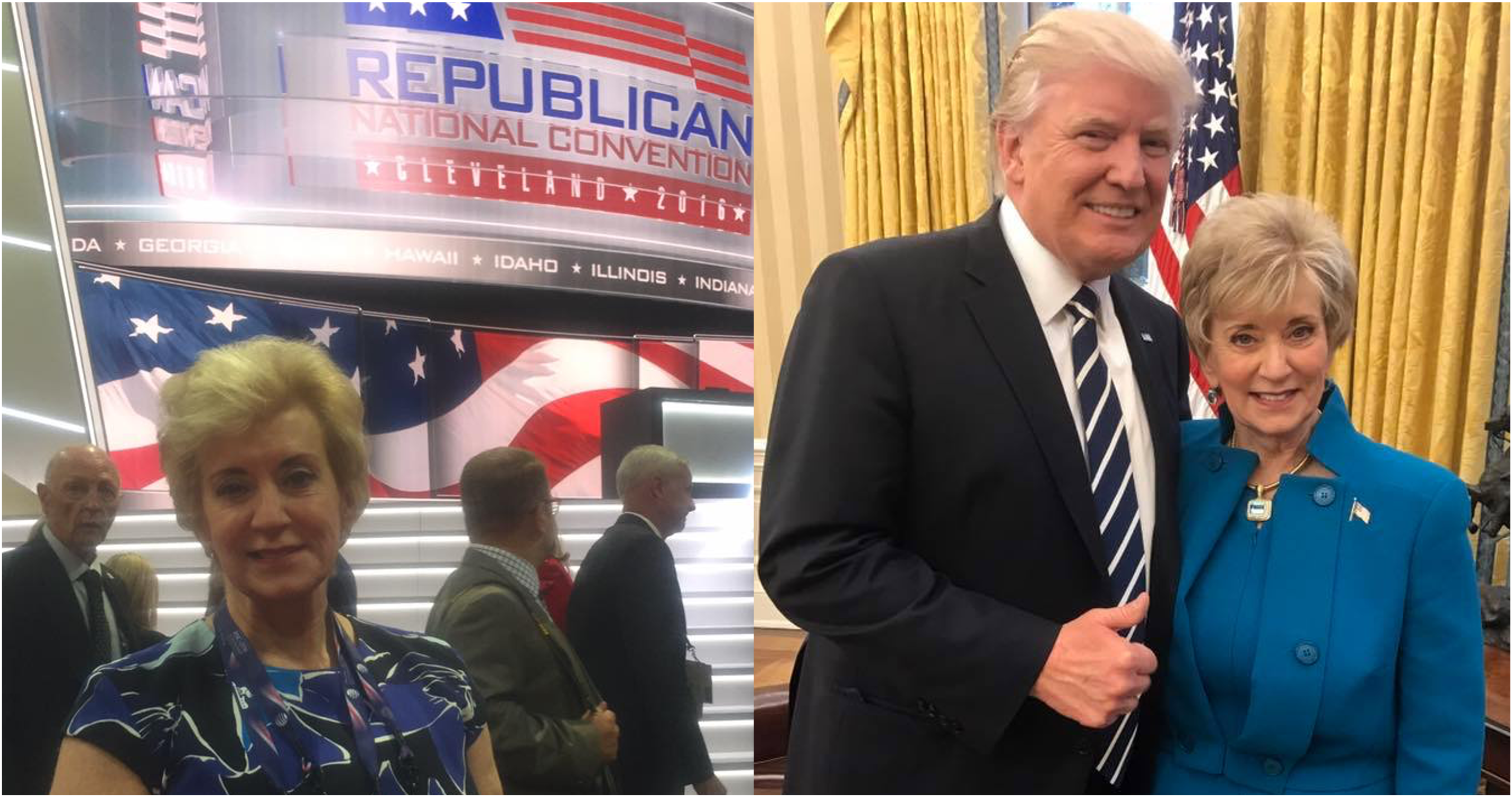'Climate change transcends borders & cross-border collaborations are crucial': Grace Fu at COP29
Fu reiterated Singapore's commitment to mobilise finance, decarbonise sectors, and establish cross-border connections.


"Singapore reaffirms our commitment to working with all Parties and partners to advance global climate action," said Minister for Sustainability and the Environment and Minister-in-Charge of Trade Relations Grace Fu on Nov. 19.
Fu was delivering Singapore's national statement at the United Nations Framework for Climate Change annual Conference of Parties (COP29) held in Baku, Azerbaijan.
Cross-border collaborations
Fu began her speech by sharing Singapore's progress in expanding solar power deployment whilst acknowledging the country's limitations as a "alternative-energy disadvantaged city state".
Citing how climate change "transcends borders", Fu emphasised the importance of cross-border collaborations in addressing climate change.
She also shared how Singapore is partnering with the global community to address such challenges.
From establishing an ASEAN Power Grid with neighbouring countries — an initiative which will integrate the power infrastructure across countries — to decarbonising the maritime sector, Fu noted that there were numerous ways in which Singapore can, and will continue to contribute to building knowledge and capabilities to mitigate climate change.
Enabling finance
Noting that finance is what "hinders ambition from being translated into action", Fu shared the New Collective Quantified Goal (NCQG) — one of the key issues of debate at COP29 — will see a "ambitious, effective and fit-for-purpose" result.
The NCQG is thought to succeed the previous goal agreed in 2009, whereby developed countries commit to channelling US$100 billion annually to developing countries by 2020.
"We hope that we will deliver an ambitious, effective and fit-for-purpose NCQG outcome, respecting the principles of the Paris Agreement," Fu said.
Closer to home, Fu reiterated Singapore's commitment in mobilising private capital towards supporting Asia’s green transition.
She cited the launch of the blended finance initiative Financing Asia's Transition Partnership (FAST-P), which aims to raise US$5 billion in funds for climate action in Asia.
An additional US$500 million has also been pledged, drawing concessional capital from public, private, and philanthrophic sources, Fu announced on Nov. 12.
"This will catalyse a much larger amount of private capital, to support green and transition projects," she added.
Singapore is also working with partners to develop a "well-functioning and credible carbon market" through the co-facilitation of the Paris Agreement Article Six negotiations.
Committed to submitting NDC on time
Reiterating Singapore's commitment, Fu announced that Singapore has already submitted its first Biennial Transparency Report and will submit the 2035 Nationally Determined Contribution (NDC) on time.
MOU signed with Zambia for collaboration on Article 6
Fu also announced on Nov. 20 the signing of a Memorandum of Understanding (MOU) with Zambia for collaboration on Article 6 of the Paris Agreement.
 Photo from the Ministry of Sustainability and the Environment
Photo from the Ministry of Sustainability and the Environment
The MOU was signed by Permanent Secretary of the Ministry for Sustainability and the Environment, Stanley Loh, and the Permanent Secretary of Green Economy and Environment of Zambia, Douty Chibamba.
The signing was witnessed by Fu, and Zambia’s Minister for Green Economy and Environment, Mike Mposha.
Under the MOU, both countries will work towards a legally binding Implementation Agreement on carbon credits aligned with Article 6.2 of the Paris Agreement.
Through the MOU, the exchange of best practices and knowledge on carbon credit mechanisms will be facilitated, as well as the identification of carbon credit projects that will support both countries in achieving their climate targets.
According to the World Bank, Article 6 of the 2015 Paris Agreement allows countries to "voluntarily cooperate with each other to achieve emission reduction targets set out in their Nationally Determined Contributions (NDCs).
Meanwhile, Article 6.2 allows countries to trade emission reductions and removals via credits, through bilateral or multilateral agreements.
Fu lauded the partnership with Zambia, emphasising how the potential of "high-quality carbon credits can credibly raise global climate action" and bring about "tangible benefits".
Fu said:
"Singapore is happy to be signing this MOU with Zambia today. Through our Article 6 collaboration, both countries will share expertise and knowledge, unlock opportunities and financing for greater mitigation efforts and accelerate our low-carbon transition. We will also work towards a legally-binding Implementation Agreement to facilitate the transfer of mitigation outcomes. We hope to conclude and sign as soon as feasible, to bring concrete climate benefits."
More on COP29
Top image from the Ministry of Sustainability and the Environment
MORE STORIES



















